In war, the army is not merely a pure consumer, but a negative producer
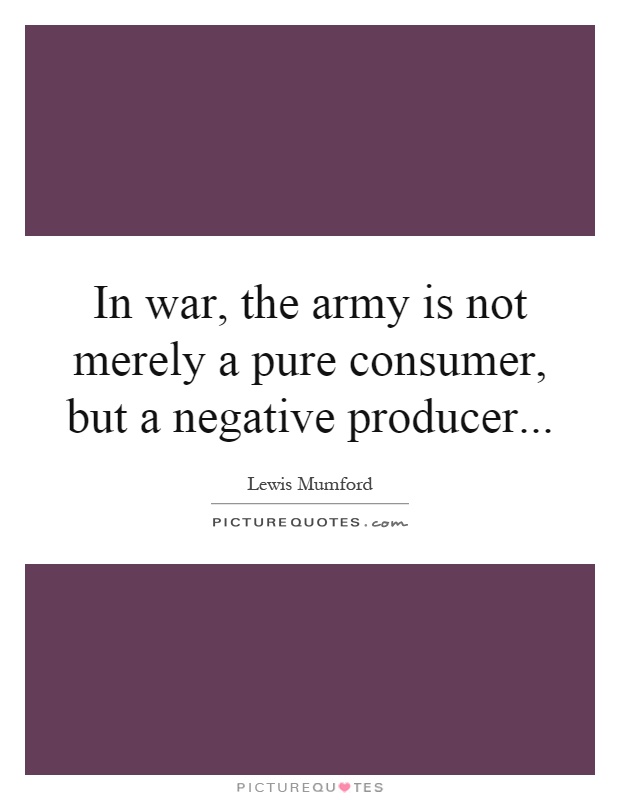
In war, the army is not merely a pure consumer, but a negative producer
Lewis Mumford, a renowned American historian and sociologist, once famously stated that "In war, the army is not merely a pure consumer, but a negative producer." This statement encapsulates the destructive nature of war and the toll it takes on both human lives and resources. Mumford's words highlight the fact that in times of conflict, the army not only consumes valuable resources but also produces destruction and devastation in its wake.When a country goes to war, the army becomes a massive consumer of resources such as food, fuel, ammunition, and medical supplies. These resources are essential for the army to function effectively and carry out its mission. However, the sheer scale of consumption during wartime can strain the country's economy and lead to shortages of essential goods for civilians. This can have a ripple effect on the population, causing hardship and suffering for those left behind.
Furthermore, the army's role as a negative producer is evident in the destruction and devastation it leaves in its wake. War brings about death, destruction, and displacement on a massive scale. Cities are reduced to rubble, infrastructure is destroyed, and lives are shattered. The army's actions in war often result in long-lasting consequences for the environment, as well as for the physical and mental well-being of those affected.
Mumford's statement serves as a stark reminder of the true cost of war. It challenges us to consider the impact of conflict not only on the battlefield but also on society as a whole. The army's role as a consumer of resources and a producer of destruction underscores the need for peaceful solutions to conflicts and the importance of diplomacy and dialogue in resolving disputes.
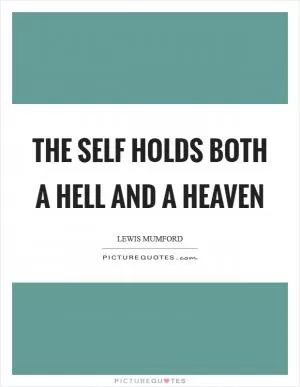
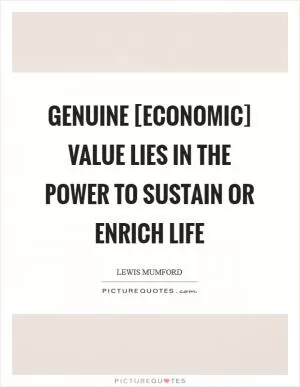



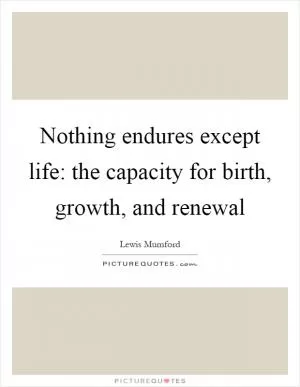


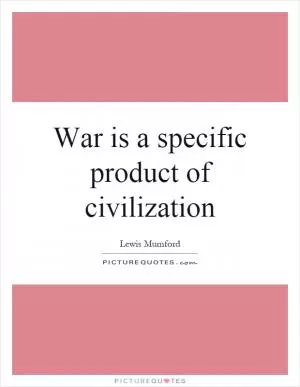



 Friendship Quotes
Friendship Quotes Love Quotes
Love Quotes Life Quotes
Life Quotes Funny Quotes
Funny Quotes Motivational Quotes
Motivational Quotes Inspirational Quotes
Inspirational Quotes